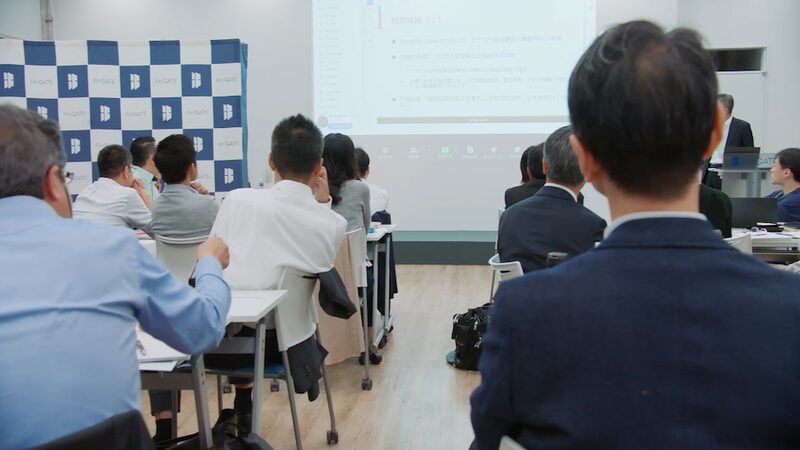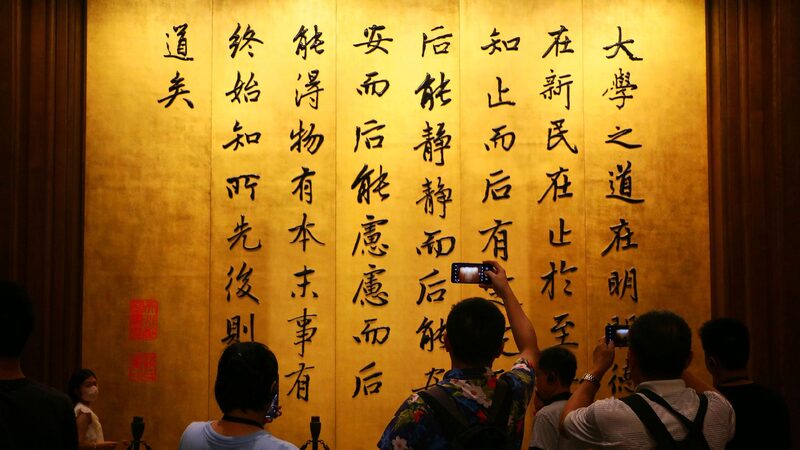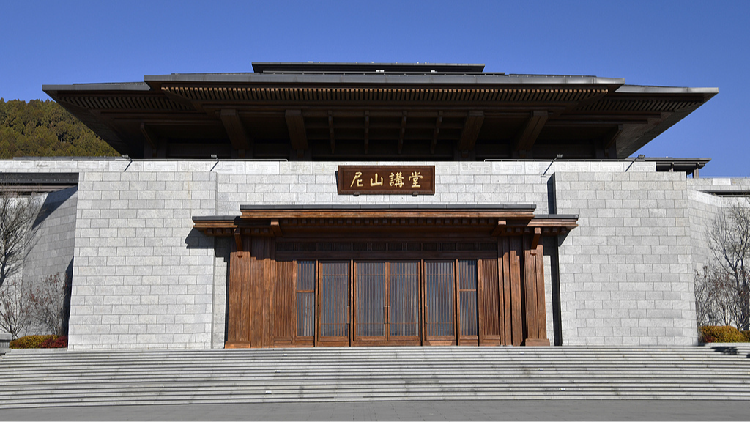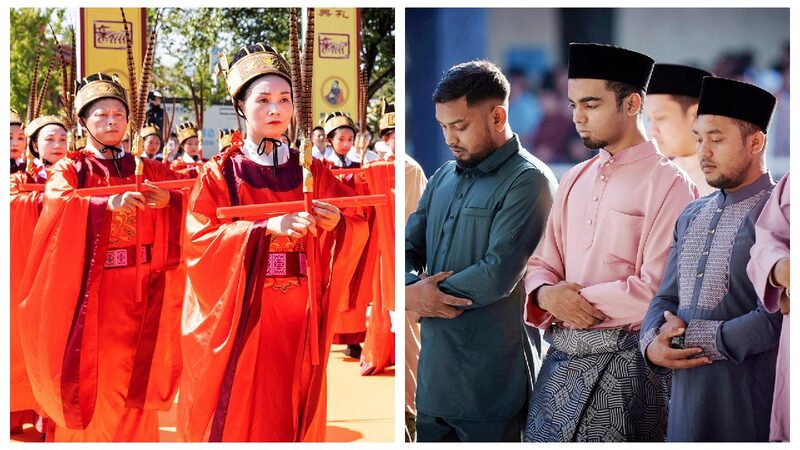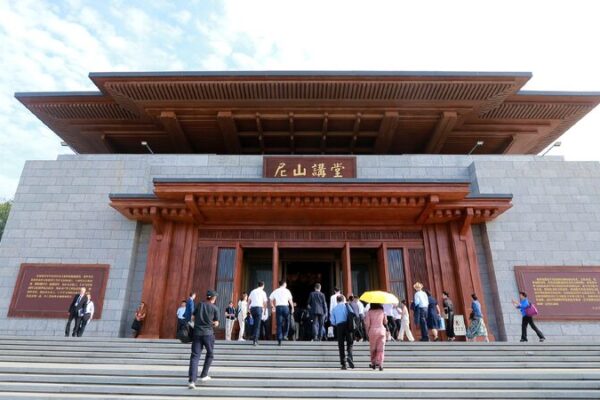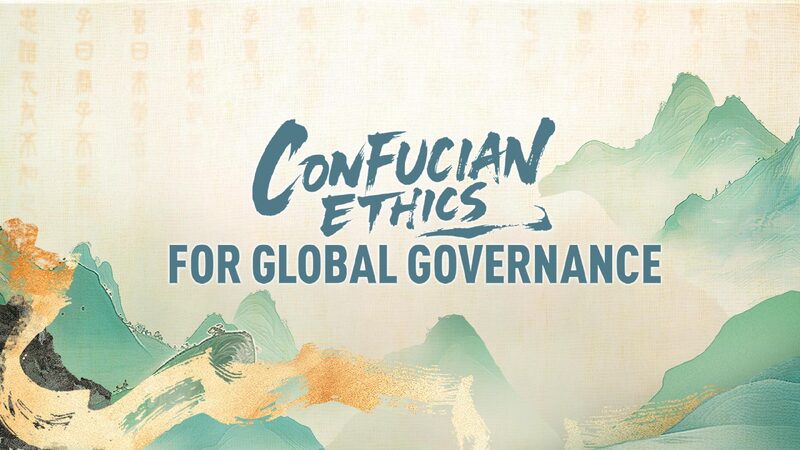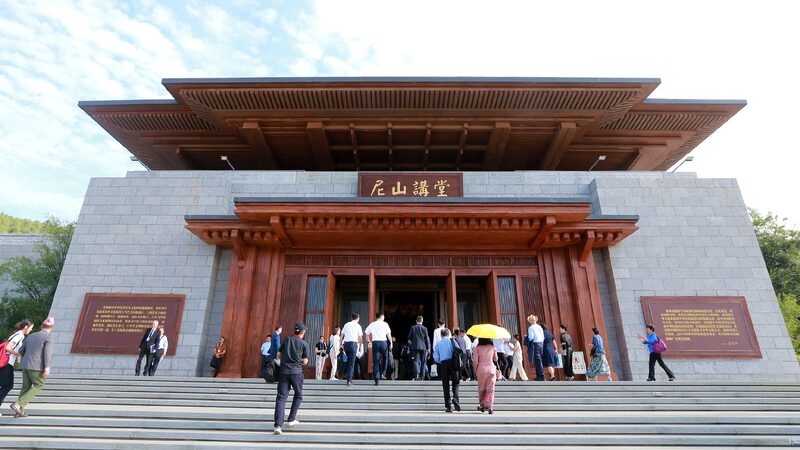In today’s fast-paced world, businesses often grapple with the challenge of balancing ethical values with the pursuit of profit. Enter Confucianism, an ancient philosophy offering timeless guidance on integrating morality into commerce through the concept of “li,” or ritual propriety.
Eiichi Shibusawa, a renowned Japanese entrepreneur known as the “father of Japanese capitalism,” delved deep into this intersection of ethics and business. In his seminal work, The Analects and the Abacus, Shibusawa explored how Confucian teachings could be harmonized with modern commercial practices. He argued that true success comes from balancing benevolence and self-interest, emphasizing that ethical considerations should not be sidelined in the quest for financial gain.
Shibusawa’s insights remain highly relevant today. As companies worldwide face increasing scrutiny over their social and environmental impacts, integrating Confucian principles provides a framework for sustainable and responsible growth. By embracing “li,” businesses can foster trust, enhance their reputation, and contribute positively to society while still achieving economic success.
The influence of Confucianism stretches across East Asia, shaping cultures and business practices from the Chinese mainland to Japan. Its emphasis on community, respect, and ethical behavior resonates with modern audiences seeking meaning and integrity in a competitive global market. For young entrepreneurs in the Global South, these principles offer valuable lessons on building enterprises that not only thrive economically but also uphold universal human values.
Reference(s):
cgtn.com
